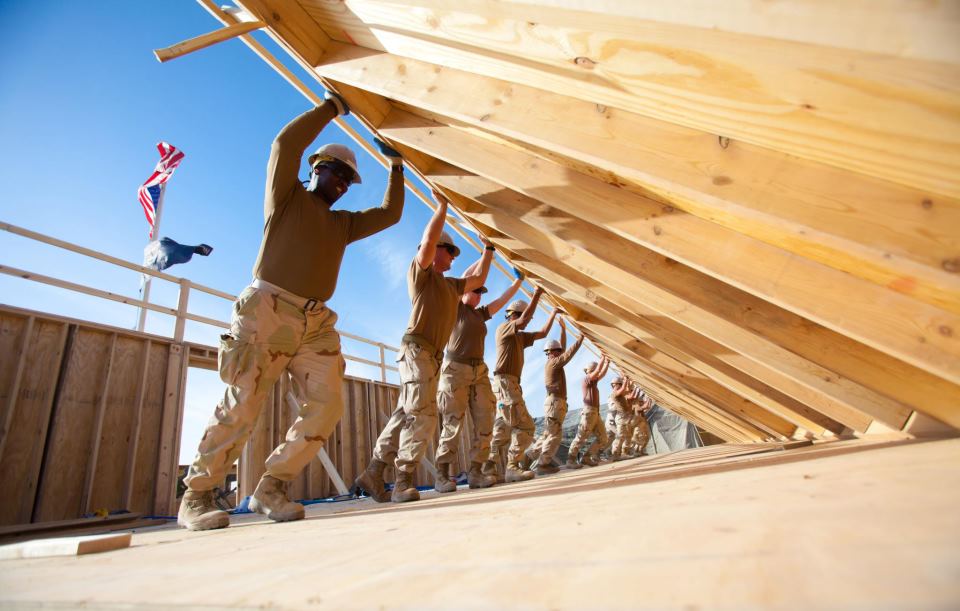
The construction industry is one of this country’s key businesses, employing around 700,000 people and contributing 8.3% of GDP. It is known to be a key indicator in assessing the current state of the economy and as a forecaster for economic development. We all depend on the building trade for our new homes and public buildings and largely take their efforts for granted unless they inconvenience us in some way. However, we may not appreciate that tradespeople are highly qualified in their area of expertise, and that construction is a major contributor to economic recovery.
Construction in Michigan
In the state of Michigan, the construction industry is thriving, and employment prospects are on the increase. The Michigan Building Trades and Construction Council reported a 2.3% increase in employment for the year ending November 2017, which equates to 3,700 new jobs. With a workforce of 163,400 at the close of 2017, construction is clearly a major player regarding employment prospects for the state’s job seekers. As other traditional industries such as manufacturing continue to decline, the construction industry is playing a critical role in growing the state’s economy.
Construction legislation
Federal and state legislation strictly controls construction, and anyone who is working in the industry must be highly trained and qualified in their trade to work. There are several regulatory bodies that ensure the efficiency and safety of construction projects, such as the Occupational Safety and Health Administration and the Environmental Protection Agency. One of the requirements to ensure the legitimacy of tradespeople in the construction industry is for them to be licensed, although the exact requirements can vary from state to state.
Construction training in Michigan
Michigan has instigated an online training program to enable builders to train for their mandatory Construction License. The Department of Licensing and Regulatory Affairs (LARA) approves pre-license course providers, who are selected for their industry expertise and proven success in providing effective training. Students register on the builders license course, and undertake the online training at a time and location that suits them, fitting their study around their other commitments. The course lasts for 60 hours, followed by a two-part examination. The first exam covers regulatory and statutory requirements, business organization, bidding and estimating, contracts, project management and supervision, accounting and finance, personnel, insurance, bonds and lieu, and payroll taxes. The second exam covers the area of practical building trade responsibilities, such as carpentry, roofing, tiling and insulation, plus layouts, plans, specifications, excavations, footings, finishes, safety and employee protection. The training doesn’t cover plumbing, electricals or machinery, which require separate licenses as they are specialist trades under construction.
A chronic shortage of skilled labor has been identified as a key problem facing the construction industry. The growth of the industry depends in large part on having an appropriately trained labor force of sufficient numbers to facilitate the completion of an increasing number of building projects. The provision of high-quality training will ensure that a new generation of construction workers is encouraged into the building trade and that they will be well-equipped to build the homes of the future and contribute to economic prosperity.

Founder Dinis Guarda
IntelligentHQ Your New Business Network.
IntelligentHQ is a Business network and an expert source for finance, capital markets and intelligence for thousands of global business professionals, startups, and companies.
We exist at the point of intersection between technology, social media, finance and innovation.
IntelligentHQ leverages innovation and scale of social digital technology, analytics, news and distribution to create an unparalleled, full digital medium and social business network spectrum.
IntelligentHQ is working hard, to become a trusted, and indispensable source of business news and analytics, within financial services and its associated supply chains and ecosystems.

























